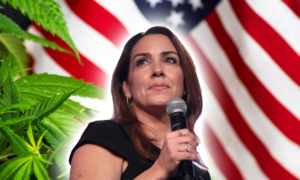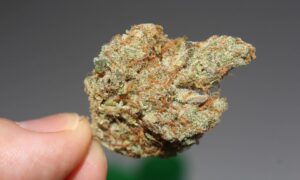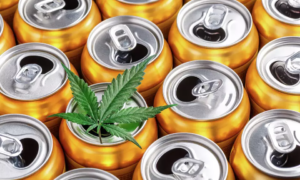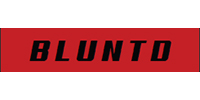Cannabis’ Plummeting Price-Per-Pound And The Rise Of Delta-8 THC

Over the past two years wholesale price-per-pound has dropped 40% nationally
Although forming America’s sixth-largest crop yielding 48.8 million pounds of flower and $27 billion in legal sales annually, marijuana’s plunging price-per-pound and the availability of cheaper, unregulated hemp-derived tetrahydrocannabinol (THC) products is thwarting the cannabis industry.
Whether cultivated indoors, outdoors or in a greenhouse, over the past two years cannabis wholesale price-per-pound has dropped 40% nationally curtailing production and crashing businesses across legalized marijuana’s supply chain.
Further, mirroring legalized marijuana’s THC’s (Delta-9 THC) effects, hemp-derived THC (Delta-8 THC) requires no license, is readily available online and over-the-counter, and is cutting into legalized cannabis’ revenue despite growing state illegality, confusion over federal legality, and concerns regarding these untested and unregulated products’ safety and potency.
Cannabis and Delta-9 THC
Cannabis can be grown in the ground, water (i.e., hydroponically), or pots outdoors, indoors, or in a “greenhouse,” a structure made of transparent material enabling natural sunlight and fresh air cultivation. Whether deemed “medical” (purchasable only with state-issued card to treat residents’ statutorily defined “covered medical condition”) or “adult-use” (purchasable by anyone over 21 from any state with a valid identification), cannabis takes four forms: “flower” that is smoked; “oils” ingested by vaporizing; “concentrates” consumable after being heated to a high temperature; and “infused” products ranging from eye drops to “edibles.” Those cultivating, processing, infusing, transporting or dispensing cannabis are deemed to be “plant-touching” marijuana-related businesses (MRBs) and, despite being legal in 38 American states, cannabis remains federally illegal.
The Controlled Substance Act, 21 U.S.C. Sections 801, Et. Seq (1970) (CSA) currently lists marijuana next to heroin as a Schedule I controlled substance having “a high potential for abuse” and for which there’s “no currently accepted medical use in treatment” and “a lack of accepted safety for use” “under medical supervision.” The CSA prohibits marijuana’s cultivation, distribution, dispensation and possession and, pursuant to the U.S. Constitution’s supremacy clause, state laws conflicting with federal law are generally preempted and void. See U.S. Const., Art. VI, cl. 2; Wickard v. Filburn, 317 U.S. 111, 124 (1942) (”No form of state activity can constitutionally thwart the regulatory power granted by the commerce clause to Congress”).
To Read The Rest Of This Article On Cannabis Business Executive, Click Here




































